In today’s digital world knowing the difference between VPN and Proxy is key for online security and privacy. Both tools help in hide IP addresses and improve internet use. But both are different in work. VPNs use strong encryption and Proxies just change where your internet traffic goes.
The Electronic Frontier Foundation says digital privacy is more important than ever, This means picking the right tool is crucial. We’ll look at what makes VPNs and Proxies unique. This will help you which is best for you.
Table of Contents

Key Takeaways
- VPN provide stronger encryption compared to proxies.
- Proxies are generally faster as compared to VPN but lack of security features.
- Understanding these tools enhances your overall internet experience.
- Both can help but in different ways
- Choosing between VPN and Proxy depends on your specific needs.
What is a VPN?
A Virtual Private Network (VPN) is a key tool for keeping your online activities private and secure. It will create a secure tunnel for your internet traffic. You can surf the web without anyone knowing who you are or where you are.
Definition and Functionality
A VPN hides your IP address and encrypts your online data. It sends your traffic through a remote server. With this you stay anonymous and keep your data safe from hackers or from peoples. Protocols like OpenVPN and L2TP/IPsec help make these secure connections.
With a VPN you can access blocked websites and stay safe on public Wi-Fi. This is important for protecting your data from hackers.
How VPNs Enhance Online Security
VPNs use strong encryption to protect your sensitive info from others. This makes it hard for anyone to see your data. It’s especially useful when using public Wi-Fi, which can be risky.
Top VPN services like NordVPN and ExpressVPN show how effective they are in keeping your online activities safe.
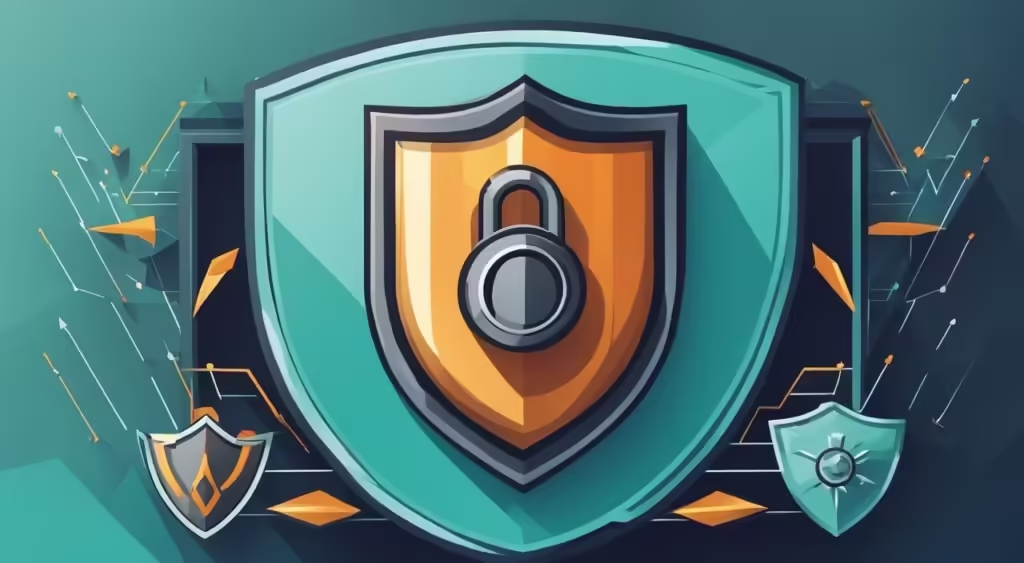
| Feature | VPN | Proxy |
| Data Encryption | Yes | No |
| IP Address Masking | Yes | Yes |
| Access to Region-locked Content | Yes | Limited |
| Security on Public Wi-Fi | High | Low |
| Cost | Subscription-Based | Usually Free |
What is a Proxy?
A proxy sever is like a middleman between you and the internet. It helps improve your online experience. It also lets you surf the web anonymously and faster.
Definition and Types of Proxies
So, what is a proxy? It helps improve online experience. There are different types, each with its own role.
- HTTP Proxies: These are for web traffic. They manage HTTP requests and responses. They are great for surfing the web without revealing your identity.
- SOCKS Proxies: These proxies work with many protocols. They are flexible and can handle many types of internet traffic, like web, FTP, and some more..
- Transparent Proxies: These proxies don’t change your requests or connections. They’re perfect for caching without affecting how you interact with websites.
Common Use Cases for Proxies
Proxies have many uses, both for personal and work needs. Here are some examples:
- Web Scraping: Proxies help you collect data from websites without getting blocked for making too many requests some times you will blocked from the websites because of too many requests.
- Bypassing Geo-Restrictions: By using proxies, you can access content and websites that’s not available in your area.
- Managing Network Traffic: Companies use proxies to control data flow. This improves bandwidth use and security.
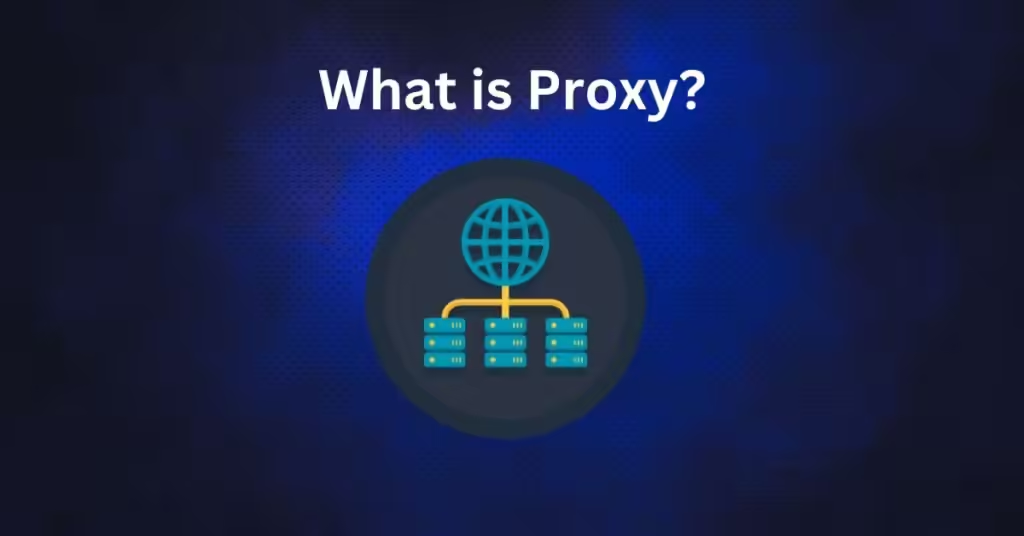
| Type of Proxy | Functionality | Use Case |
| HTTP Proxy | Handles web traffic | Anonymous browsing |
| SOCKS Proxy | Supports various protocols | Data transfer, gaming |
| Transparent Proxy | No user modification | Performance enhancement |
Difference between VPN and Proxy
The key difference between VPN and proxy are important. look at their privacy, speed, and encryption features. Each service has its own advantages and disadvantages. It depends on you which one you need.
Privacy and Anonymity
VPNs offer a high level of security. This secure tunnel makes it hard for others to see what you’re doing online. Proxies don’t provide this level of security, leaving your data open to risks. VPN is good for privacy and anonymity.
Speed and Performance
Proxies are faster because they don’t encrypt data, making websites load quicker. But, with faster speed you will get lower security. When choosing between a VPN and a proxy, think about what you want speed or security.
Encryption Capabilities
VPNs use strong encryption like AES-256 to protect your data from others. Proxies often don’t encrypt data at all, making your information more vulnerable. This big difference in encryption shows why it’s important to know what you need in terms of security before picking a VPN or proxy.
| Feature | VPN | Proxy |
| Privacy | Strong encryption ensures privacy | Minimal to no encryption |
| Speed | May be slower due to encryption | Generally faster |
| Encryption | AES-256 or similar standards | Usually lacks strong encryption |
Use Cases for VPNs and Proxies
Knowing when to use a VPN or a proxy can make your online experience better. Each tool has its own power. Here are key points to help you understand their roles.
When to Use a VPN
VPNs are key when security and privacy matter most. For example, when you’re in another country, or in any hotel, using public Wi-Fi can be risky. A VPN encrypts your internet, keeping your data safe from threats. Other times you might use a VPN include:
- Accessing streaming services not available in your area.
- Getting past government blocks to use the internet freely.
- Keeping your online shopping private.
When to Use a Proxy
Knowing when to use a proxy is useful in many situations. Proxies make browsing faster by caching website content. This is great for casual web use or streaming. Here are some common reasons to use a proxy:
- To get around website or streaming platform blocks without extra security.
- To access school or work networks that block certain content.
- To research anonymously or scrape data without encryption.
Choosing between a VPN and a proxy depends on what you need. Knowing the difference between vpn and proxy helps you make a smart choice. This way, you can protect your online activities and meet your goals.
| Feature | VPN | Proxy |
| Security | High: Offers encryption and privacy | Low: Limited security features |
| Speed | Moderate: Encryption can slow down connection | High: Generally faster for casual tasks |
| Use Cases | Secure browsing, accessing restricted content | Fast browsing, bypassing geographic restrictions |
| Compatibility | Works on all devices and apps | May not work on all applications |
Available Free VPN and Proxies
VPN
1.Opera VPN (Built in Browser VPN)
- Features: Unlimited data, built directly into Opera browser, no logs policy, easy to use.
- Limitation: Opera VPN only works within the Opera Browser.
- Website: Opera Browser
2. ProtonVPN
- Features: Unlimited data, strong encryption, serves in 3 countries.
- Limitations: Limited locations, lower speeds during peak times.
- Website: ProtonVPN
3. Windscribe
- Features: 10GB of data per month, access to servers in 10 countries.
- Limitations: Monthly data cap, slower speeds compared to premium servers.
- Website: Windscribe
Proxies
1. Proxyium
- Features: Free high speed connections, Multiple server locations, easy to use interface.
- Limitations: May have limited features, can be blocked by some websites.
- Website: Proxyium
2. ProxySite
- Features: SSl encryption, choose from multiple servers, no registration needed
- Limitations: Limited features. Ads. slower speeds.
- Website: ProxySite
3. HideMyAss (HMA)
- Features: Free web based proxy, easy to use , supports HTTPS.
- Limitations: Ads, limited options, slower speeds.
- Website: HideMyAss
Conclusion
We’ve looked into VPNs versus proxies and found key difference between VPN and Proxy that affect your choice.
Main difference is how they hide your IP. VPNs use strong encryption as compare to Proxy for safe browsing. especially on public networks.
Proxies are faster and better for accessing blocked content. Proxies usually not focused on encryption. When picking between VPN and Proxy, think about what is important for you. Want to stay hidden, need fast access or protect data.
The world of online is changing day by day. So it is important to keep learning and stay updated about new trends and tools. Checking out the latest cybersecurity reports and tech guides help you stay updated. With this you can protect your data from online hackers and stay anonymous.
FAQs
Do VPNs and Proxies improve online security?
Can i use both VPN and Proxy together?
Are there any downside to using a VPN?
Is a Free VPN and Proxies worth using?
What are common use cases for proxies?
Discover more from Tech Rhythmic
Subscribe to get the latest posts sent to your email.

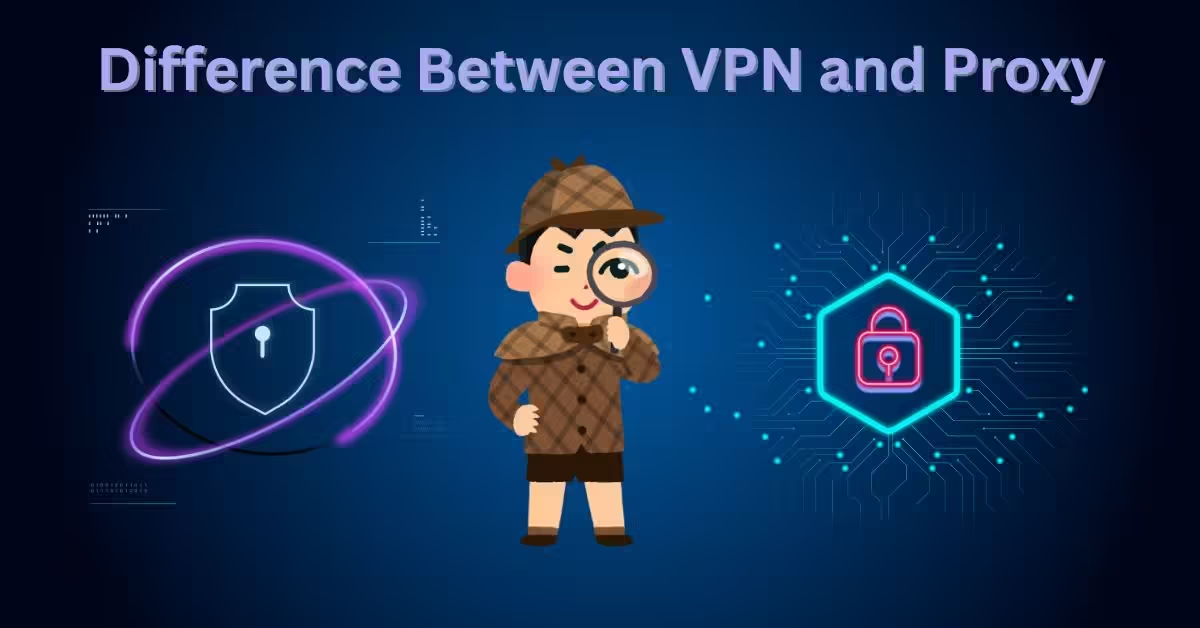



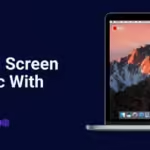
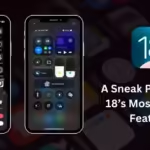
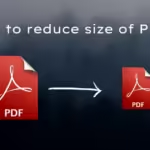
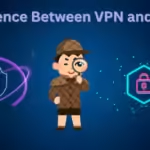


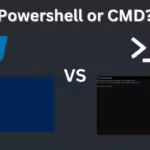
1 thought on “Understanding the Difference Between VPN and Proxy: What You Need to Know”